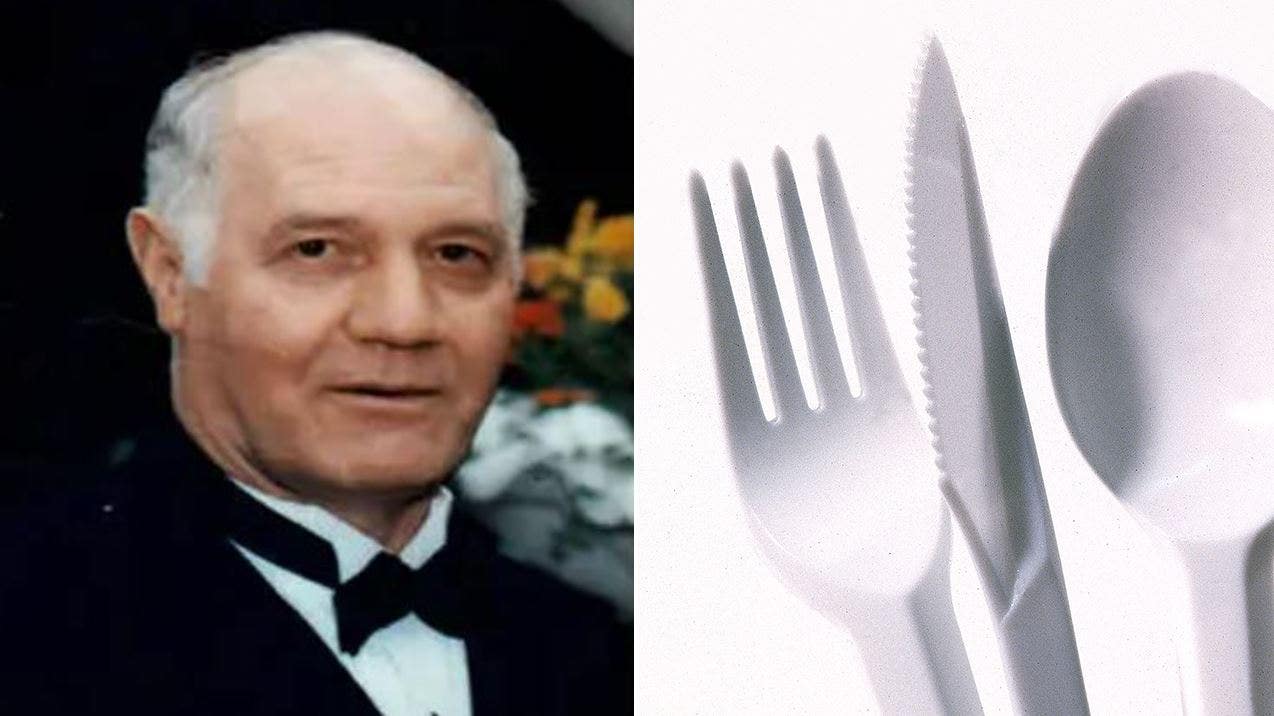President Biden has been battling a new phenomenon in American politics: what Democrats and pollsters have taken to calling “Trump amnesia,” a softening of feeling about his successor’s tumultuous term as president.
But over roughly 24 hours on Tuesday, Donald J. Trump provided what looked like at least a temporary cure. He reposted a video containing the words “unified Reich,” reviving accusations that he flirts with Nazism. He hinted at the idea of restricting contraception, and rehired as a campaign aide a political operative with a record of accusations of sexual harassment.
A court ruling unsealed later in the day in one of the federal criminal cases against Mr. Trump showed that a judge had questioned how documents with classification markings could have been overlooked repeatedly before they turned up in Mr. Trump’s own bedroom.
And by midmorning, Mr. Trump’s defense rested in a criminal case that threatens to forever affix a label to him that no presidential candidate has yet survived: convicted felon.
Mr. Trump has built a political career on surviving the unsurvivable: No matter how much chaos he creates or how many political norms he shatters, his Republican base stands by him. But now, he is leaving the all-forgiving conservative cocoon to enter the crucible of a general election. Much of his electoral success may depend on whether voters who are not yet irrevocably in his corner recall, are repelled by and reject the turbulence, divisiveness and inflammatory rhetoric that cost him re-election four years ago.
So far, that has not happened. Even as Mr. Trump spends weeks sitting in court as a criminal defendant, he leads in many polls of swing states. Surveys show that views of his administration have improved with distance, with voters remembering those years as a time of economic prosperity and strong national security. While Americans still remember Mr. Trump as a divisive and polarizing figure, a larger share of voters now see his term as better for the country than President Biden’s.
There is plenty of material with which Mr. Biden and his Democratic allies can try to shake voters free of any Trump amnesia. The former president faces four criminal indictments in four different courts. He is implicated in helping foment a siege of the Capitol, and is the first president to have been impeached twice. And under Mr. Trump, Republicans have lost or underperformed in every election since his 2016 victory.
The Biden campaign has focused on directing voters’ attention to issues that it believes will work most in its favor: abortion bans, threats to democracy and the sense of chaos that often consumed the Trump administration.
Which is why Tuesday’s headlines seemed to unspool like a series of gifts from Mr. Trump to his successor.
By Tuesday night, the Biden campaign unwrapped their presents, blasting out a news release highlighting Mr. Trump’s “Awful 24 Hours.”
“Posting Nazi imagery and promising to rip away more freedoms from women is not what we would call a winning campaign strategy,” said Ammar Moussa, a campaign spokesman. “Every day, Donald Trump reminds voters just how extreme and dangerous Donald Trump is.”
At a fund-raiser, Mr. Biden himself scolded Mr. Trump for reposting the “unified Reich” video, attacking him for embracing fascism.
“A unified Reich: That’s not the language of American presidents,” he told hundreds of donors gathered in Boston. “That’s not the language of any Americans. It’s the language of Hitler’s Germany.”
It’s unclear, of course, how many voters can be swayed in their views of Mr. Trump at this point. “People have already come to judgment on the guy,” said Neil Newhouse, a Republican pollster. “There’s not much new they are going to learn that will change their impressions of him.”
Mr. Trump’s campaign believes voters are focused more on broader issues affecting their lives — the economy and affordability, above all — than on any one flurry of controversies. Brian Hughes, a Trump spokesman, pointed to recent polls and fund-raising numbers as signs that the campaign was doing just fine.
Mr. Hughes argued that the Biden campaign had seized on the “unified Reich” video and Mr. Trump’s comments on contraception — and had taken them both out of context — in an effort to distract voters from what he called “the core of what’s at stake” in November.
Still, the Trump campaign’s actions on Tuesday suggested that it recognized some of Mr. Trump’s statements over the past 24 hours as potentially damaging.
After suggesting in an interview with a Pittsburgh television station that he might be open to limits on birth control, or allow states to impose such limits, Mr. Trump quickly slammed the door on the idea.
“I have never, and will never advocate imposing restrictions on birth control, or other contraceptives,” he wrote Tuesday afternoon, almost entirely in capital letters, on Truth Social, his social media site. “I do not support a ban on birth control, and neither will the Republican Party!”
After a wave of criticism, Mr. Trump’s campaign also disavowed the “unified Reich” video and removed it from his social media account. The video had used images of mocked-up newspaper articles as it conjured a vision of America’s future should Mr. Trump win in November. The term “Reich” is often associated with Nazi Germany, though the text in the video, which came from a template, appeared to refer to the decades before World War I.
“This was not a campaign video. It was created by a random account online and reposted by a staffer who clearly did not see the word, while the president was in court,” Karoline Leavitt, a campaign spokeswoman, said in a statement.
Mr. Trump’s response on Tuesday to news about the classified-documents case, however, wound up landing like yet another unforced error. After the four documents in Mr. Trump’s bedroom came to light in a court filing, the former president took to his social media network Tuesday night to accuse Mr. Biden’s administration of authorizing “the F.B.I. to use deadly (lethal) force” against him. “They were authorized to shoot me!” he said in the subject line of a fund-raising email.
Even that, though, set off another round of recrimination. The F.B.I. took the unusual step of disputing Mr. Trump’s claim.
The bureau, it said, had “followed standard protocol in this search as we do for all search warrants, which includes a standard policy statement limiting the use of deadly force.”
“No one ordered additional steps to be taken, and there was no departure from the norm in this matter,” the F.B.I. said.






